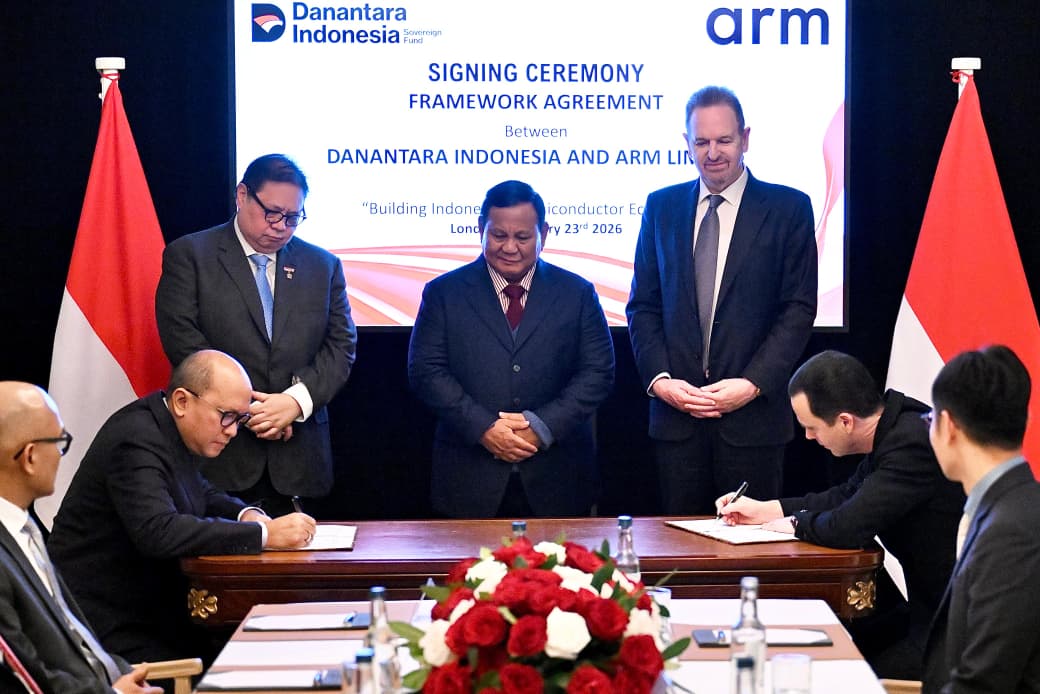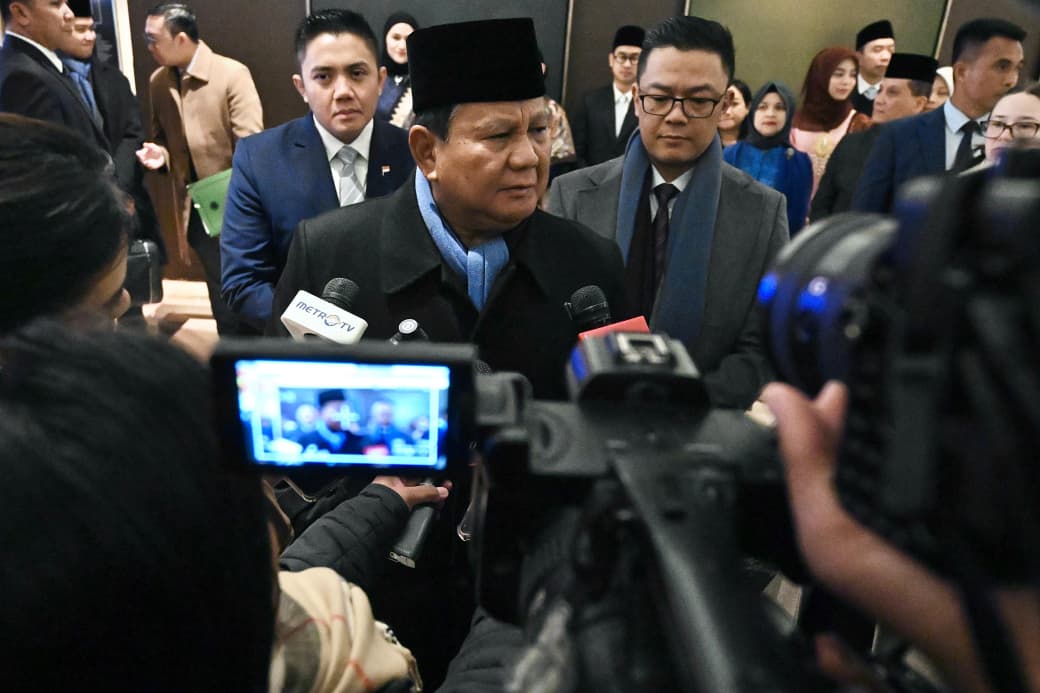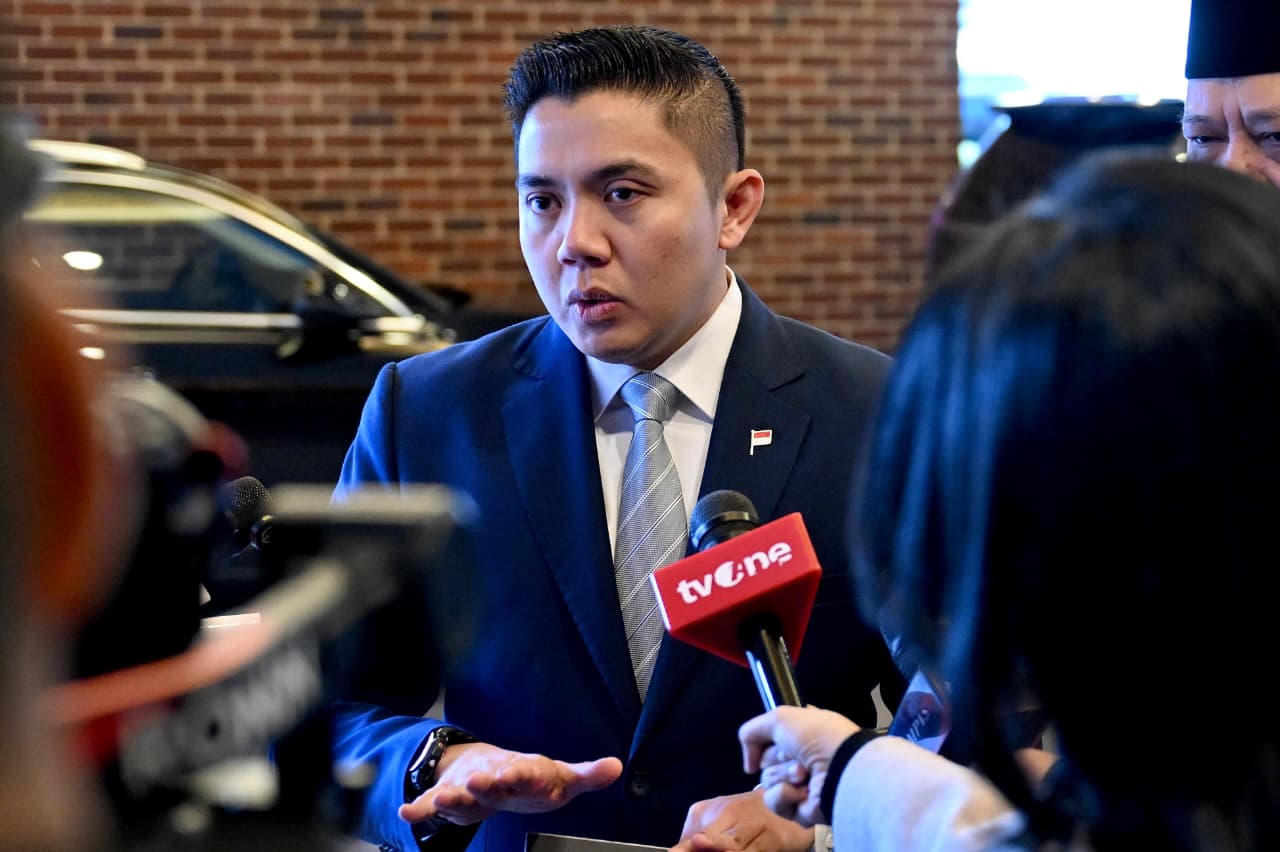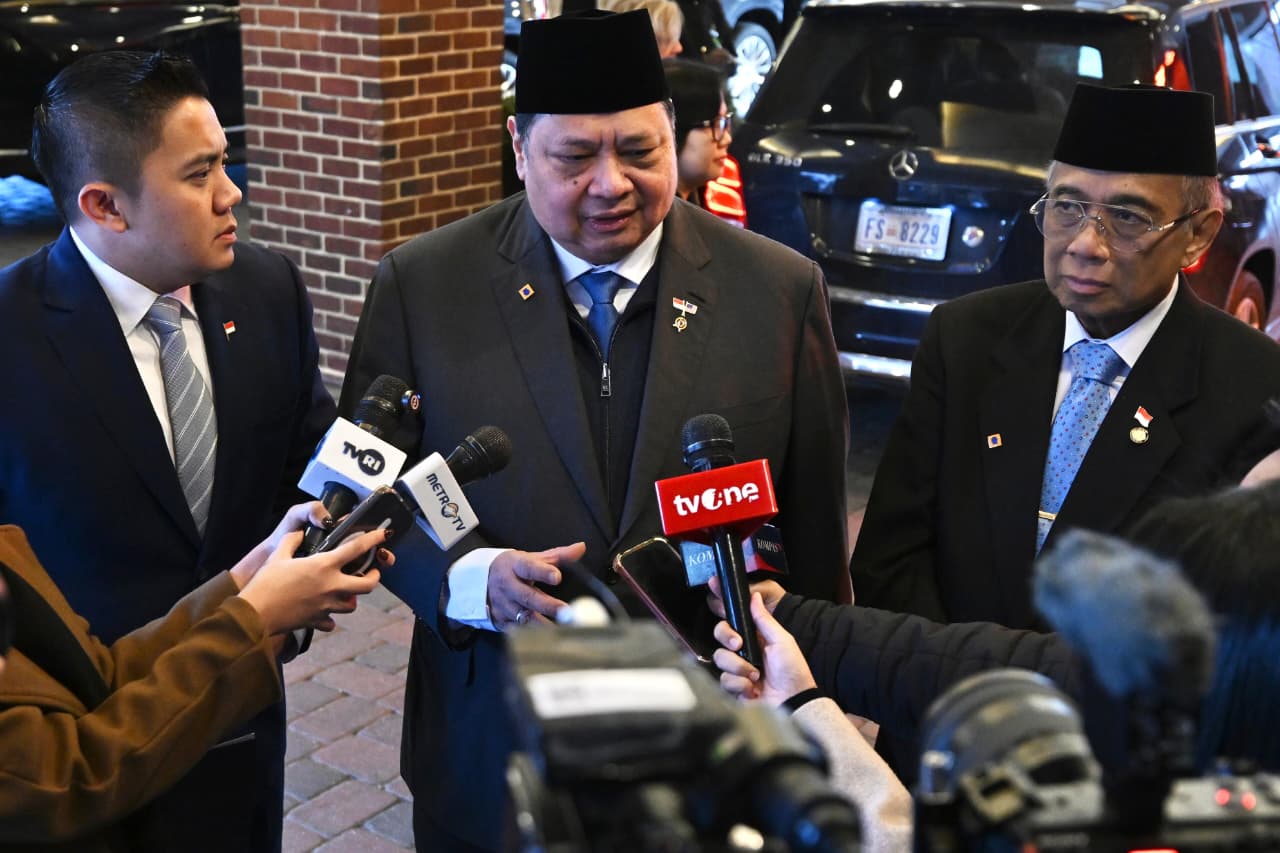Gov’t Postpones Levy on CPO, Derivative Products
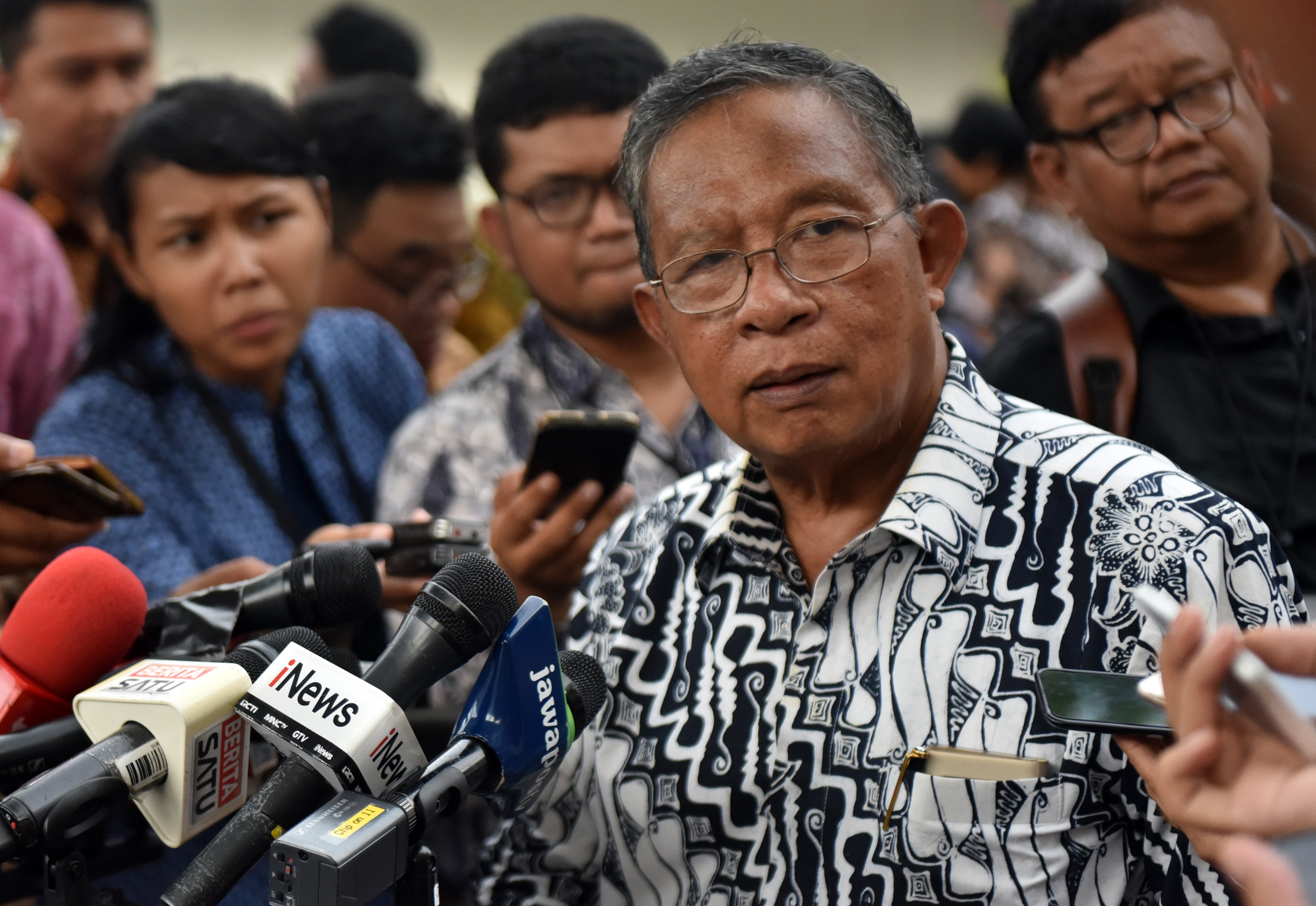
Coordinating Minister for the Economy Darmin Nasution. Photo by: Cabinet Secretariat.
In a bid to protect farmers’ income, the Government has decided to postpone levy on Crude Palm Oil (CPO) and its derivative products.
“The President has instructed to postpone the levy because it seems that the price (of CPO) will go down. New levy will be imposed if there is certainty that price will increase,” said Coordinating Minister for the Economy Darmin Nasution after the Steering Committee Meeting of the Palm Oil Plantation Fund Management Agency (BPDPKS) in Jakarta, Tuesday (24/9).
For the record, Regulation of Minister of Finance Number 152/PMK.05/2018 on Amendments to Regulation of Minister of Finance Number 81/PMK.05/2018 on Service Tariffs for the Palm Oil Plantation Fund Management Agency of Ministry of Finance stipulates that the Government does not impose levy on CPO and its derivative products since 1 March 2019.
However, Regulation of Minister of Finance Number 23/PMK.05/2019 on the Second Amendment to Regulation of Minister of Finance Number 81/PMK.05/2018 on Service Tariffs for the Public Service Agency of the Palm Oil Plantation Fund Management Agency of Ministry of Finance states that starting from 1 June 2019, if the price of CPO is higher than US$ 570 per ton, the levy would be US$ 25 per ton. If the price is above US$ 619 dollars per ton, the levy would be US$ 50 per ton.
During the BPDPKS Steering Committee Meeting, Ministry of Trade reported that the CPO price, as of 20 September 2019, was US$ 574.9 per ton, or US$ 4.9 above the US$ 570 limit.
“It means that based on the existing rules, the levy of US$ 25 will be applied on 1 October 2019. However, we also know that the price has dropped in the following days. We believe that once the levy is imposed, the price will go down, meaning that farmers or palm oil producers will receive even lower price,” he said.
Darmin added that he has reported the latest situation to President Joko “Jokowi” Widodo, who has instructed him to postpone imposing the levy.
The most appropriate time to impose the levy, he added, is on 1 January next year. At that time the provision on B30 biodiesel will be effective and there will be an increase in the use of CPO with approximately 3 million more tons of CPO needed.
“If the usage (of CPO) increases, the price will also increase. Thus, the farmers and palm oil producers will get better price,” Darmin stated, adding that the BPDPKS is not in financial difficulties because it did not provide any subsidy during B20 production. Therefore, the BPDPKS fund will be available for rejuvenating people’s palm oil plantation, he added.
BPDPKS will provide Rp25 million funding for rejuvenation of people’s palm oil plantation per hectare, with the maximum four hectares per farmer.
The rejuvenation program is available for plantations that have been in operation for more than 25 years old, or under 25 years with low productivity.
“Rp.25 million will be used to cut down old or unproductive trees, to clear land, and to buy certified seedlings,” Darmin said, adding that the subsidy aims to improve productivity of plantation.
The program will also be supported by Smallholder Business Credit (KUR) loan, he added. (PR of Coordinating Ministry for the Economy/ES)
Translated by: Ridwan Ibadurrohman
Edited by: Ersan Pamungkas





